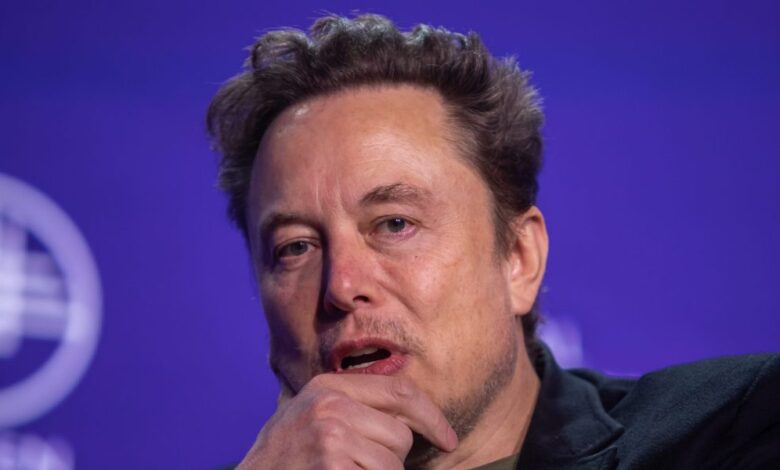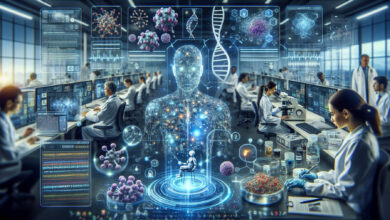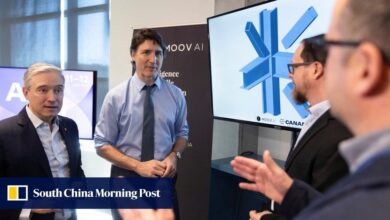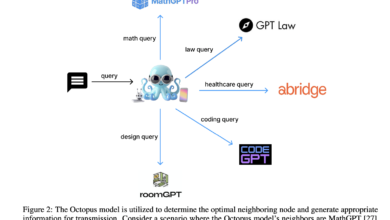Tesla CEO Elon Musk predicts jobs will become hobbies thanks to AI

Elon Musk is a notoriously hard worker. At present he’s the CEO of EV maker Tesla and rocket company SpaceX, founder of satellite venture Starlink and neurotechnololgy company Neuralink, and the owner of X—the social media platform formerly known as Twitter.
But even Musk, who is well-known for sleeping on the floors of his factories in order to get the job done, believes careers will become something of an option in the future thanks to AI.
Musk, who is developing his own AI systems both at Tesla and through his 2023 startup xAI, has been vocal about the problems which advanced artificial intelligence could present.
But during an appearance at the VivaTech conference in Paris this week, Musk explained that his overall outlook on the technology is generally positive and could shift the future of work.
“In a benign scenario probably none of us will have a job,” he said. “But in that benign scenario there will be universal high income—not universal base income—[and] there will be no shortage of goods or services.”
Musk, currently worth $187 billion according to the Bloomberg Billionaire’s Index, added that he generally believes a “benign” scenario will arise out of the huge investment into artificial intelligence.
“I think the benign scenario is probably the most likely—probably 80% likely if you ask my opinion—the question will not be one of lacking goods or services,” he said. “Everyone will have access to as much in the way of goods and services as they would like.
“The question will really be one of meaning. If a computer and the robots can do everything better than you, does your life have meaning?”
Career impact
Whether or not employees are questioning the meaning of their lives remains to be seen—but they’re certainly considering how AI will impact their careers.
A PwC survey of more than 54,000 people last year found 13% of people believe they’ll be replaced by AI, while a further 18% said they thought the technology would mean they had to learn new skills they were not confident they were capable of mastering.
Overall, however, employees are upbeat about the supposedly revolutionary tech. A third of people said AI will help improve their efficiency at work, while 21% believed the tech will open up new career opportunities.
Musk’s take is that work will become more casual. Appearing via video link at the Paris conference, he added: “Long term… any job that somebody does will be optional. If you want to do a job as kinda like a hobby you can do a job but otherwise the AI and robots will provide any goods and services you want.”
The 52-year-old entrepreneur did not online when in the future he believes this outcome may become reality—so unfortunately for workers hoping to kick up their feet, it’s not time yet.
Flipside
Musk was one of the first names to appear on a letter penned by the Future of Life Institute last year calling for a pause in giant AI experiments, and has repeatedly warned about the governance and regulation needed to oversee the technology.
This week he again reiterated how if the scenario with AI turned bad, humanity would be in “deep trouble.”
Yet the South African-born entrepreneur had some reassurance for those worried they may be pushed out by their large language model counterparts: “There’s perhaps still a role for humans in that we give AI meaning.
“If you think of the way that our brain works we’ve got the limbic system which is our instincts, and our feelings—and the cortex which is thinking and planning. The cortex is constantly trying to make the limbic happy, so maybe that’s how it’ll be with AI. AI is trying to make the cortex happy to make the limbic system happy. Maybe we are what gives the AI meaning or purpose.”



